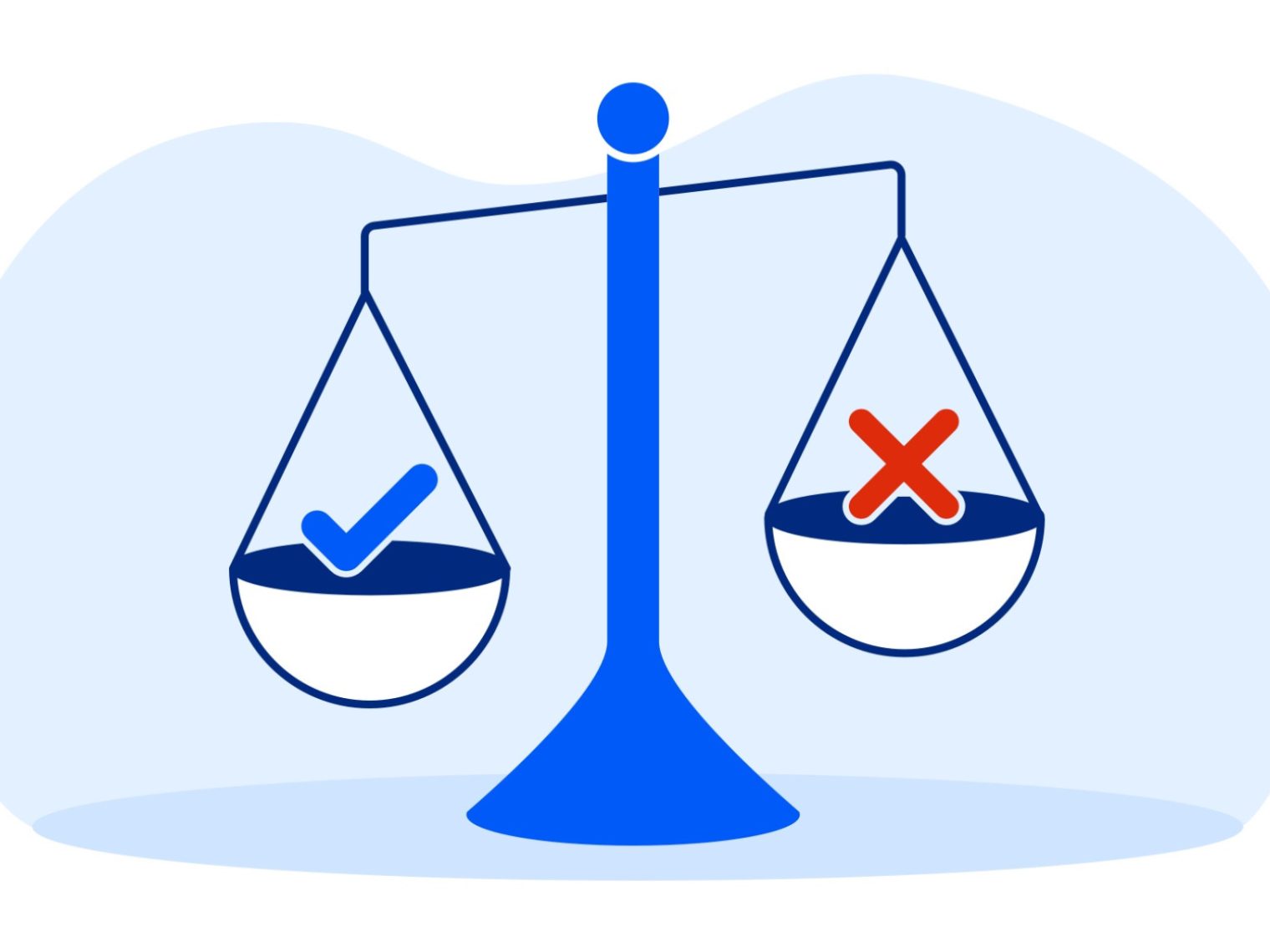- Mortgage insurance, or PMI, is an added cost on many loan types that protects the lender if the borrower defaults, often lasting until sufficient equity is built.
- VA loans do not require private mortgage insurance (PMI), which can save Veterans hundreds of dollars each month compared to conventional, FHA or USDA loans.
VA loans come with a laundry list of benefits. Purchasing with no money down, capping what borrowers pay in closing costs and incredibly competitive interest rates are just a few of the benefits.
However, an often overlooked benefit is how VA loans handle mortgage insurance.
Do VA Loans Have PMI?
No, VA loans do not require private mortgage insurance (PMI) or any other type of ongoing mortgage insurance. Not having to pay PMI on a VA loan is a unique benefit, as most home loan options have some form of monthly mortgage insurance.
No mortgage insurance, along with several other VA loan benefits, makes this loan type the most affordable mortgage option for Veterans.
VA Funding Fee vs. PMI
While the VA loan does not require mortgage insurance, it does have what’s known as the VA Funding Fee. The funding fee is not another form of PMI. Essentially, it is a one-time fee applied to VA loans to help keep the program running for future generations.
The VA Funding Fee is typically 2.15% of the loan amount but ranges between 0.5% and 3.3%. The fee can be paid upfront or rolled into the loan amount and may be waived for Veterans who have a service-connected disability.
Explaining the Cost of PMI by Home Loan Type
The cost of owning a home is more than just an interest rate and monthly payments; your mortgage insurance amount changes depending on the type of loan you choose.
Whether you go for conventional PMI, FHA or USDA premiums, knowing how each of these costs works will only help you compare your options and budget accordingly.
Conventional Loans
PMI is a staple of conventional home financing. With conventional loans, homeowners who can't afford a 20% down payment typically must pay private mortgage insurance.
Private mortgage insurance helps insulate the lender from loss if the borrower defaults. PMI on conventional loans typically ends when the borrower has 20% equity in the home, which is the same 20% figure that the lender wanted to see at the outset.
The reality is that a 20% down payment is difficult to come up with for most homebuyers. For example, the average VA loan was just over $388,000 for 2024. If a borrower were to purchase a $388,000 home with a conventional loan, they would need to bring $77,600 in cash to meet the threshold for no PMI.
Depending on your purchase price, down payment and other factors, PMI can easily run $150 to $200 per month. The average rate for PMI typically ranges from 0.58% to 1.85% of the entire loan amount each year.
FHA Loans
Loans backed by the Federal Housing Administration (FHA) also require annual mortgage insurance, known as a mortgage insurance premium (MIP). Additionally, FHA loans have a one-time upfront mortgage insurance fee of 1.75% of the loan amount, which is typically rolled into the loan.
Annual mortgage insurance for FHA borrowers ranges from 0.40% to 0.75%, depending on loan balance and term, though most pay 0.55% of the loan amount each year.
To put this in perspective, that same $388,000 home would need a minimum 3.5% down payment ($13,580), an upfront fee of $6,790 (paid upfront or rolled into the loan) and a $177.83 mortgage insurance premium paid each month for the life of the loan (assuming 3.5% down with a 30-year term).
USDA Loans
USDA loans have an upfront guarantee fee, typically 1% rolled into the loan, along with an annual fee of 0.35%, similar to an MIP. While they offer $0 down, similar to the VA loan, they come with extra costs that the VA loan avoids.
Using the same $388,000 home example with a USDA loan, you’d have no down payment, an upfront guarantee fee ($3,880) rolled into the loan and an annual guarantee fee ($1,358). That annual fee decreases slightly each year as you pay down the loan. So while USDA loans also offer 0% down like VA loans, they still come with added costs that VA borrowers avoid.
How Much No PMI Can Save You
No down payment is often recognized as the VA loan's signature benefit, but it's important that VA borrowers realize that's not the only major advantage when comparing loan options.
According to VA estimates, Veterans who secured a VA loan last year will save more than $40 billion in private mortgage costs over the life of their loans, which is a significant sum. No PMI really helps first-time homebuyers and Veterans with average credit scores.
No mortgage insurance is a significant benefit for VA borrowers. If you have any questions, reach out to a Veterans United VA loan expert at 855-870-8845 or get started online today.
How We Maintain Content Accuracy
Our mortgage experts continuously track industry trends, regulatory changes, and market conditions to keep our information accurate and relevant. We update our articles whenever new insights or updates become available to help you make informed homebuying and selling decisions.
Current Version
Feb 10, 2026
Written ByChris Birk
Reviewed ByTara Dometrorch
Content fact checked and reviewed by underwriter Tara Dometrorch. Added clarity for the costs of PMI by home loan type.
Related Posts
-
 VA Renovation Loans for Home ImprovementVA rehab and renovation loans are the VA's answer to an aging housing market in the United States. Here we dive into this unique loan type and the potential downsides accompanying them.
VA Renovation Loans for Home ImprovementVA rehab and renovation loans are the VA's answer to an aging housing market in the United States. Here we dive into this unique loan type and the potential downsides accompanying them. -
 Pros and Cons of VA LoansAs with any mortgage option, VA loans have pros and cons that you should be aware of before making a final decision. So let's take a closer look.
Pros and Cons of VA LoansAs with any mortgage option, VA loans have pros and cons that you should be aware of before making a final decision. So let's take a closer look.


